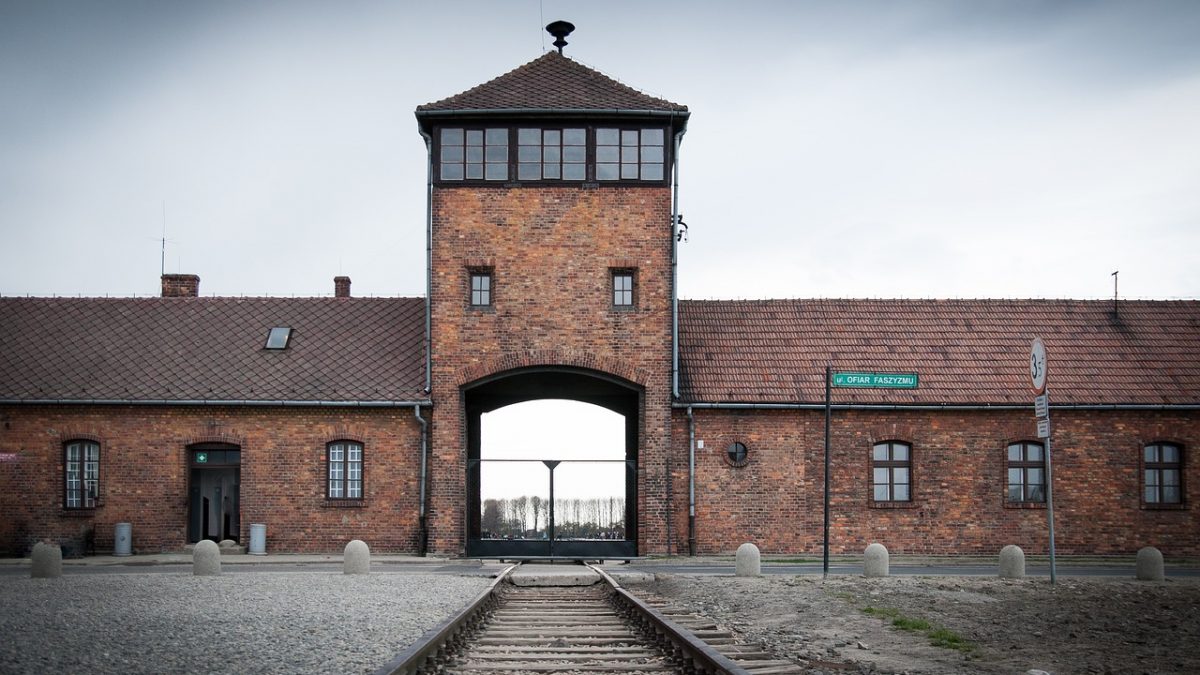Exactly 75 years ago, Allied forces liberated Auschwitz-Birkenau, the Nazi death camp where more than a million men, women, and children were murdered. The date of its liberation, January 27 is observed as International Holocaust Remembrance Day, which was established by the United Nations to help prevent future genocides through remembrance and education.
The horrors committed during World War II serve as evidence of the consequences that can arise from manipulating people’s prejudices and fears, using hatred and racism to promote inequality, and ultimately committing mass murder. During the Holocaust, six million Jews and millions of members of other minority groups were killed. Numerous atrocities were also committed in Croatia, particularly in the Ustaša-run Jasenovac concentration camp, where, according to the Jasenovac Memorial Site, more than 83,000 victims perished.
Despite the world having witnessed the terrifying consequences of hatred, discrimination, hate speech, and hate crimes are not only still present today but are also on the rise, as warned by the United Nations and the Council of Europe.
“It would be a dangerous mistake to think that the Holocaust was merely the result of the madness of a group of Nazis. On the contrary, it was the culmination of years of hatred, blaming Jews for all problems, and their systematic discrimination—what we today call antisemitism,” said UN Secretary-General António Guterres.
“We must remember that hatred, if left unchallenged, undermines democratic values and human rights and fuels violent extremism,” said Dunja Mijatović, the Council of Europe’s Commissioner for Human Rights. She emphasized that it is unacceptable for people to live in societies where they fear for their safety and face daily discrimination and rights violations simply because of their identity or beliefs. She added that state authorities, public figures, the media, and all relevant actors must condemn antisemitism and xenophobia, actively oppose these ideologies, and work to prevent the stigmatization of those who are considered “different.” To truly honor the memory of Holocaust victims, we must stand against hatred every single day, Mijatović concluded.
This also includes publicly, clearly, and unequivocally opposing any denial or distortion of the Holocaust, a stance the UN firmly established in its 2005 Resolution, which founded International Holocaust Remembrance Day. The resolution explicitly rejects any such attempts and unreservedly condemns all expressions of intolerance and violence against any individual or group based on ethnicity or religion. The European Court of Human Rights also maintains a firm and consistent stance on Holocaust denial or trivialization, clearly rejecting any attempt to justify them under the pretense of freedom of expression.
It is important to remember that the international human rights system was developed in response to the crimes of World War II, serving as a safeguard to ensure that the evils of fascism and Nazism are never repeated.


